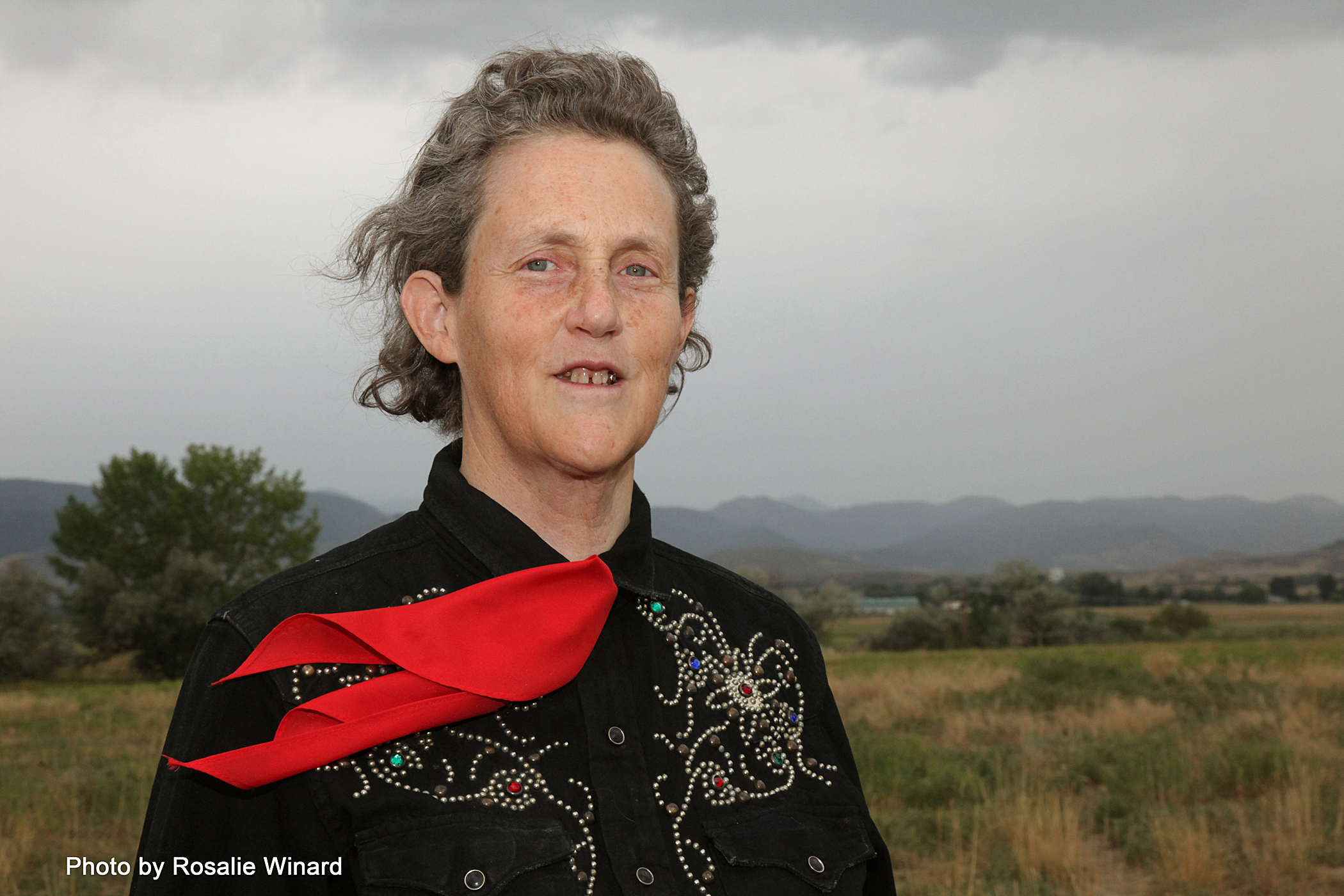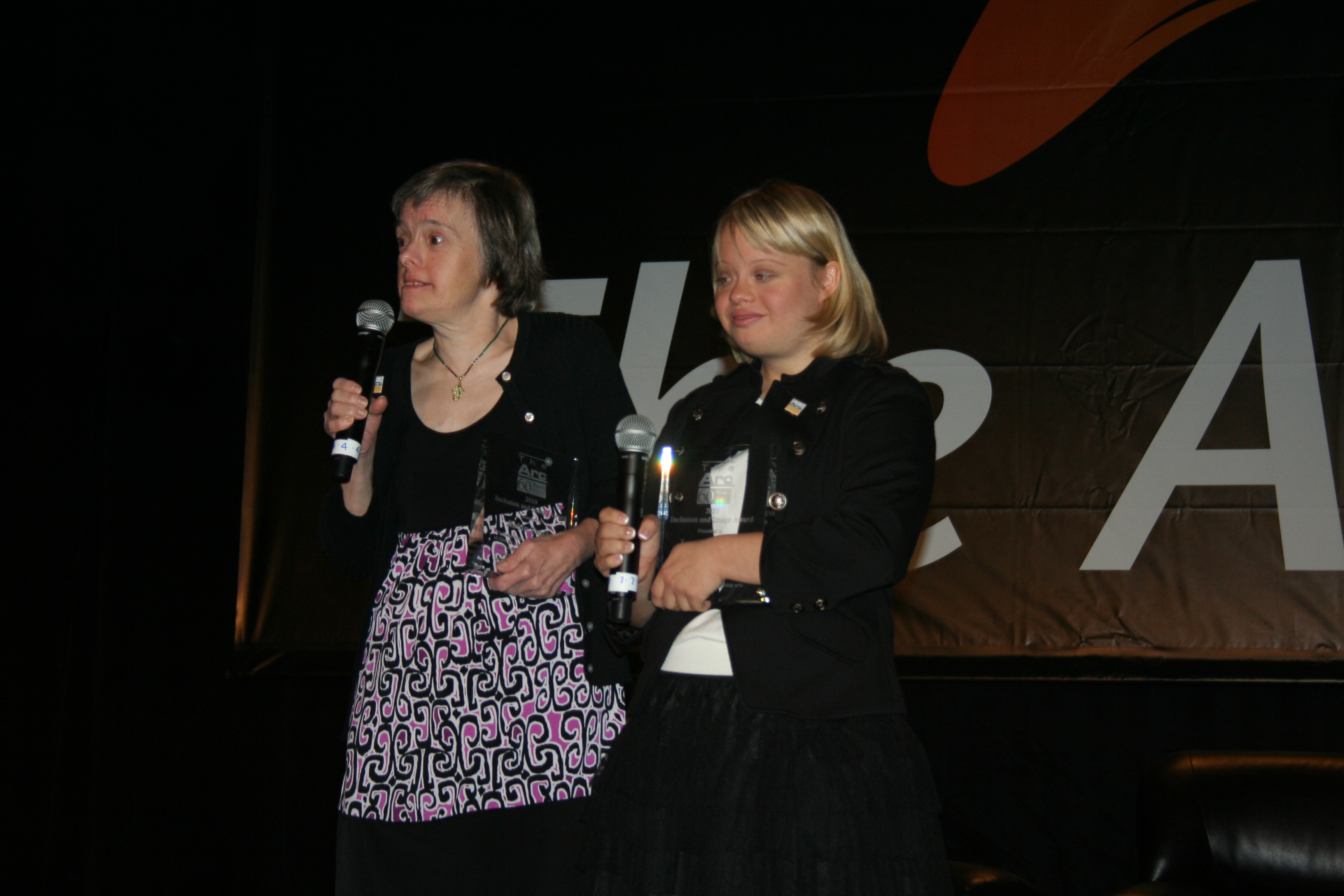Achieve With Us and Win a Trip to Washington, DC
The Arc works on a daily basis to empower people with intellectual and developmental disabilities to achieve full and satisfying lives. But its individuals like you who actually do all of the achieving! So, to put the spotlight on you and celebrate your achievements, we launched a contest to identify the amazing achievements of people with I/DD across the county.
Enter The Arc’s Achieve with us contest between now and July 14 for a chance to win a trip to Washington D.C. to visit your representatives in Congress and The Arc’s national office on a 2-day, expenses paid trip simply for sharing your story of achievement with The Arc. So if you, or someone you know who has an intellectual or developmental disability has a story to share. Then be sure to encourage everyone you know to vote for your story between July 15 and August 15 for your chance to win!
Here’s how to Achieve with us!
- Write a short (500 words or less) narrative/essay telling us your story of achievement and submit it along with a photo at www.facebook.com/thearcus between June 14-July 14. (Photo not required by encouraged). Entries can come from individuals with I/DD who are 18 or older, their parents, guardians, caregivers or friends or from the parents or guardians of children under 18 who have I/DD.
- Spread the word and encourage everyone you know to view your entry and “vote” for you between July 15-August 15.
- If you win, you’ll hear from us after August 15 to make arrangements for you and a guest or caregiver to come to Washington, D.C. before December 20 and share your story with The Arc and elected officials on Capitol Hill. Check out complete contest details at www.facebook.com/thearcus.
Send in your story and tell us about your achievements on Facebook today. Then be sure to get out the vote starting July 15 and you could win!



 Fans of the hit Fox TV show Glee were given an emotional episode last night as Jane Lynch’s character, Sue Sylvester, dealt with the shocking death of her sister Jean, played by Robin Trocki.
Fans of the hit Fox TV show Glee were given an emotional episode last night as Jane Lynch’s character, Sue Sylvester, dealt with the shocking death of her sister Jean, played by Robin Trocki.  Lauren Potter of Glee and her mother Robin Sinkhorn will join The Arc on June 14 at the National Press Club in Washington, D.C. as we reveal key findings from our FINDS study to the media. This landmark study surveyed the true circumstances and needs of more than 5,000 individuals with intellectual and developmental disabilities, their families and caregivers and the findings will point us in the right direction to make substantial improvements in the lives of people with I/DD through advocacy for changes in public policy and direct supports and services.
Lauren Potter of Glee and her mother Robin Sinkhorn will join The Arc on June 14 at the National Press Club in Washington, D.C. as we reveal key findings from our FINDS study to the media. This landmark study surveyed the true circumstances and needs of more than 5,000 individuals with intellectual and developmental disabilities, their families and caregivers and the findings will point us in the right direction to make substantial improvements in the lives of people with I/DD through advocacy for changes in public policy and direct supports and services.





